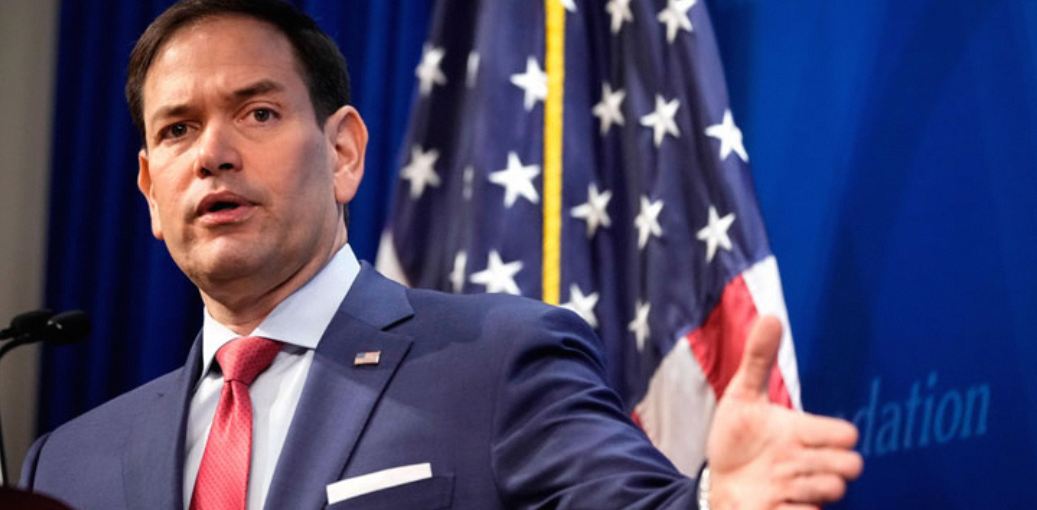The United States is pressing China to intervene diplomatically with Iran to prevent the closure or disruption of the Strait of Hormuz, a vital maritime trade route through which a significant portion of the world’s energy supplies flow. This strategic channel has become a focal point of concern as tensions in the Middle East continue to mount, particularly amid fears that Tehran may retaliate against Western interests following increased pressure from the United States and its allies.
Strategic Importance of the Strait of Hormuz
The Strait of Hormuz is one of the most critical chokepoints in global trade. Roughly 20 percent of the world’s oil, and about one-third of its liquefied natural gas (LNG), passes through this narrow waterway located between Iran and Oman. A disruption in this route could lead to significant consequences for global energy markets, including supply shortages and price spikes. The United States and its allies are particularly sensitive to any threat to this route due to its centrality to both economic stability and energy security.
China’s Unique Leverage Over Iran
China holds a unique position in the international effort to manage Iran’s behavior. As one of Iran’s largest trading partners and a key buyer of Iranian oil, China has maintained economic and diplomatic ties with Tehran even as the West has imposed sanctions. Washington believes that Beijing could use its economic influence to dissuade Iran from pursuing aggressive actions that could escalate regional instability or threaten critical global supply lines.
In recent high-level discussions, US officials have urged their Chinese counterparts to play a more constructive role in promoting stability in the Middle East. According to sources familiar with the talks, Washington has emphasized the potential global fallout of a conflict in the Persian Gulf and framed the issue as one of mutual interest, rather than geopolitical rivalry.
US Concerns Over Iranian Proxy Activity
While Iran has not directly threatened to shut the Strait of Hormuz in recent weeks, there has been a noticeable increase in hostile activities linked to Tehran-backed groups. Iranian proxy forces in Yemen, Iraq, Syria, and Lebanon have shown heightened aggression, including attacks on commercial shipping in the Red Sea and Gulf of Oman. US officials interpret these moves as signals that Iran is willing to test red lines and exert leverage in regional disputes.
The Biden administration has responded by increasing its military presence in the region and coordinating with European allies and Gulf states. However, Washington recognizes that military deterrence alone may not prevent Iran from escalating further. Hence the push for diplomatic engagement through influential actors like China.
A Delicate Diplomatic Balancing Act
For China, involvement in this issue presents both opportunities and challenges. On one hand, demonstrating leadership in de-escalating tensions would boost China’s image as a responsible global power. On the other, it risks complicating its own economic and security interests, particularly if it is perceived as aligning too closely with US policy in a region where Beijing seeks to maintain strategic neutrality.
Analysts note that China’s Belt and Road Initiative, which includes significant infrastructure and trade investments across the Middle East, would suffer greatly in the event of a prolonged disruption in Gulf shipping. Thus, China’s own economic interests may naturally align with efforts to maintain open sea lanes and avoid a broader regional crisis.
Global Implications of Route Disruption
The mere threat of Iran closing or significantly restricting access to the Strait of Hormuz has already created jitters in global oil markets. While current flows remain steady, energy analysts warn that prices could surge dramatically if the situation deteriorates. Additionally, insurance premiums for commercial shipping in the region have risen, reflecting heightened risk perceptions.
Given these stakes, US officials argue that preventing escalation is a shared global responsibility. By urging China to act, Washington hopes to present a united international front capable of deterring Iran from destabilizing a route that is essential to the economic well-being of multiple nations.





